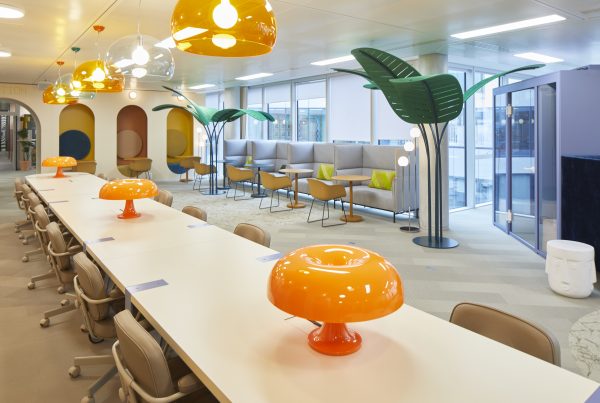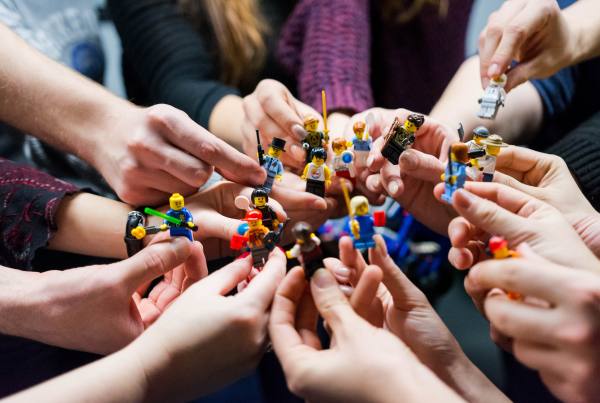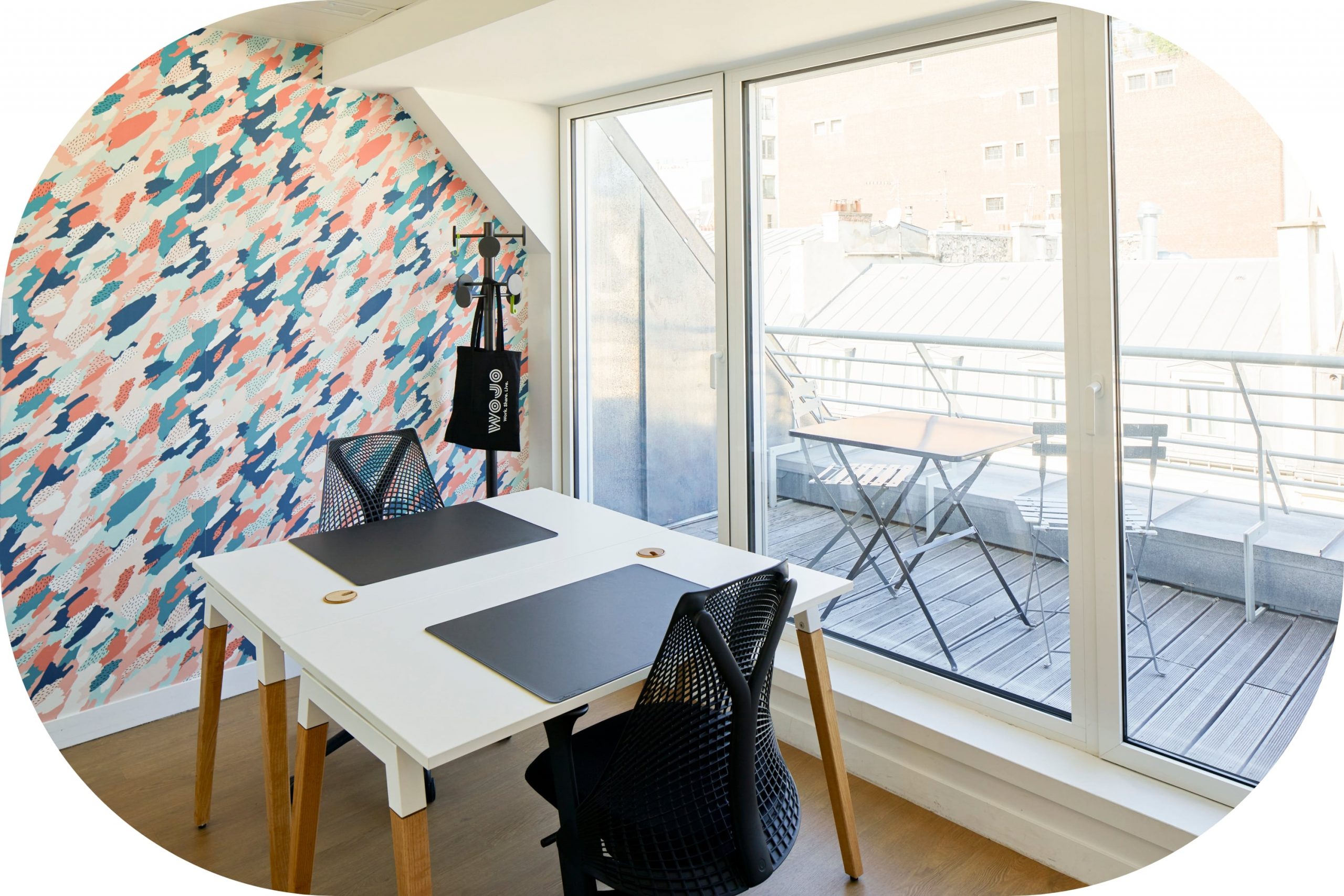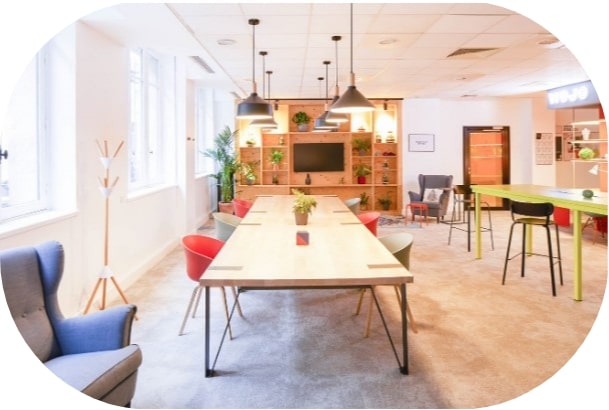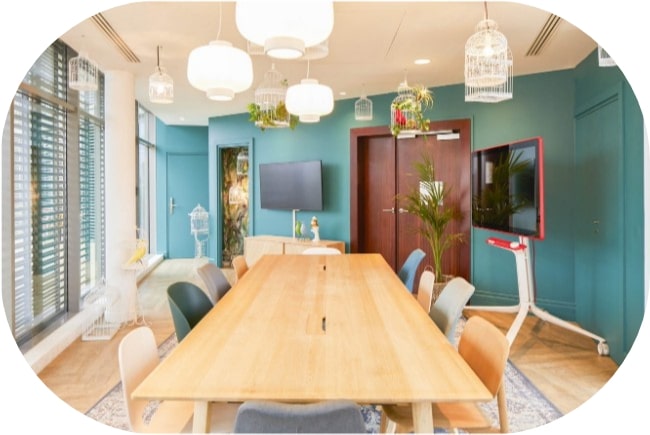Corporate soft skills have long been recognized by recruiters as one of the key professional competencies. Complementary to knowledge and know-how, it is one of the elements that differentiate candidates during a job interview. Know-how refers to personal human and relational qualities, in other words, the emotional intelligence we demonstrate in our interactions with colleagues and customers. They have an impact both on our leadership within the company and on our performance. What are we talking about? What are the main corporate soft skills: why and how can we develop these skills at work or in interviews? Here we go 👉
What is business know-how?
Know-how is one of the interpersonal skills considered by recruiters to be a professional competence. Particularly important for teamwork and certain functions and/or professions, it has a considerable impact on company life. Along with knowledge and know-how, it forms the triptych of skills sought by employers during job interviews.
🐘What is knowledge?
Knowledge is part of hard skills. They are the theoretical skills or knowledge required to conceive and think about how to accomplish a mission. Knowledge is acquired by learning.
🔧What is know-how?
Know-how is also known as hard skills. They refer to the technical skills required to perform a task.
They are acquired through practice, and only experience can develop know-how.
😍What is soft skills?
Professional know-how or soft skills encompass all the behavioral skills we demonstrate when carrying out our missions. It is closely linked to our personality.
Read also: How to relieve pressure at work?
What are the main professional corporate soft skills
From one recruiter to another, the most prized soft skills will not, of course, be exactly the same. No one expects a candidate to possess all the skills and knowledge listed on a job description. What’s far more important is to show that you have an open-minded personality. That’s why it’s so important to be aware of your interpersonal skills and to demonstrate them during the interview.
For those of you preparing for a job interview, here are the most frequently asked professional skills and competencies:
- Adaptability
- Stress management & taking a step back
- Organizational skills (including punctuality) & thoroughness
- Good communication skills
- Team spirit & ability to bring people together
- Be a driving force
- Show curiosity
- Show perseverance
- Autonomy
- Reactivity
The above knowledge is very performance-oriented, and it’s difficult to excel in all of them. Everyone has their strengths, which can compensate for weaknesses. A company may prefer empathy, benevolence, critical thinking, problem-solving when recruiting, your behavior when dealing with a customer with a demanding personality, your ability to develop cross-disciplinary skills, and so on.
The challenges of interpersonal skills in the workplace
Why are these interpersonal skills so important to rhs during the pre-recruitment interview, sometimes more so than technical skills or knowledge? Because some of the interpersonal skills listed above are linked to your personality. They can’t be learned at school or college, and are more difficult to acquire “late in life”. Others have a considerable impact on the life of the company. Not only on performance, but also on Quality of Life at Work (QWL).
Read also: Working less to achieve more: it works!
Impact of soft skills on corporate fulfillment
Human and interpersonal qualities are decisive for atmosphere, team spirit, emulation and so on. The absence of soft skills in a manager’s personality can make day-to-day team life laborious, sometimes austere and potentially burdensome for certain sensitive employees. Conversely, a team of employees with strong interpersonal skills will work in a good spirit, infusing good humor and enthusiasm that’s good for everyone.
Impact of corporate soft skills on employability
Why do recruiters pay as much attention to soft skills as they do to hard skills? For all the reasons mentioned above! Employees’ interpersonal skills reflect the company’s culture, and vice versa.
They are so important that they are taught as part of vocational training in the same way as technical skills. And with good reason: someone looking for a job in the service sector, for example, who is not equipped with soft skills such as listening, empathy, punctuality… will have difficulty satisfying customers.
How can you improve your interpersonal skills in the workplace?
Evaluate and improve your team’s interpersonal skills
Are you a manager? Take your team on an “emotional intelligence”, “collective intelligence” or “interpersonal intelligence” team building… You can work in two stages, first assessing your team’s personal needs and skills before choosing a theme. To do this, invite each person to reflect on collective know-how by following the short protocol below.
1 – Define key competencies: sort out essential business skills
– Those that are useful to the successful completion of their work (organizational skills, adaptability, negotiation).
– Those that make people feel good (benevolence, good stress management, optimism).
– Those that correspond to their individual personality (humility, humor, enthusiasm, etc.).
– Those that are part of the corporate culture (values, codes, etc.).
2 – Evaluate mastery of these skills
Those in which the team :
– Performs well: it’s perfect, don’t hesitate to highlight these collective qualities at work.
– Is perfectible: a little introspection and reflection may suffice if we’re talking about punctuality. But coaching may be needed in stress management, for example.
– Is absent…
3 – Prioritize these corporate soft skills
– Those that are essential to doing the job properly.
– Those the team needs urgently.
– Those that can wait.
At the end of this process, you should have a clear idea of the needs of each member of your team. They won’t necessarily agree with your opinion: it’s up to you to choose the theme of your special “soft skills” team building.
Work on your corporate soft skills as an individual or as part of a recruitment process
Don’t wait until you’re looking for a job or have landed an interview to develop the human skills you need to flourish, or to successfully accomplish your missions. But before you embark on any soft skills training, make sure you apply the above protocol on a personal rather than a collective basis. It will help you identify your strengths and areas for improvement at work. If you’re having trouble, ask a sympathetic colleague or your manager for an interview, who will certainly appreciate your efforts.
The final word
Do you have a clearer idea of your personal development needs? Now’s the time to put your training account to work or, if you’re an employee, to talk to your current manager or your RH about certified training or coaching. You can never be blamed for wanting to acquire the skills required for good interpersonal skills.
Finally, if you’re looking for a place that brings together a large number of employees with a wealth of interpersonal skills, go for a Wojo coworking space! You’ll come across a host of profiles as varied as they are exciting, in a working atmosphere that’s both stimulating and friendly.



